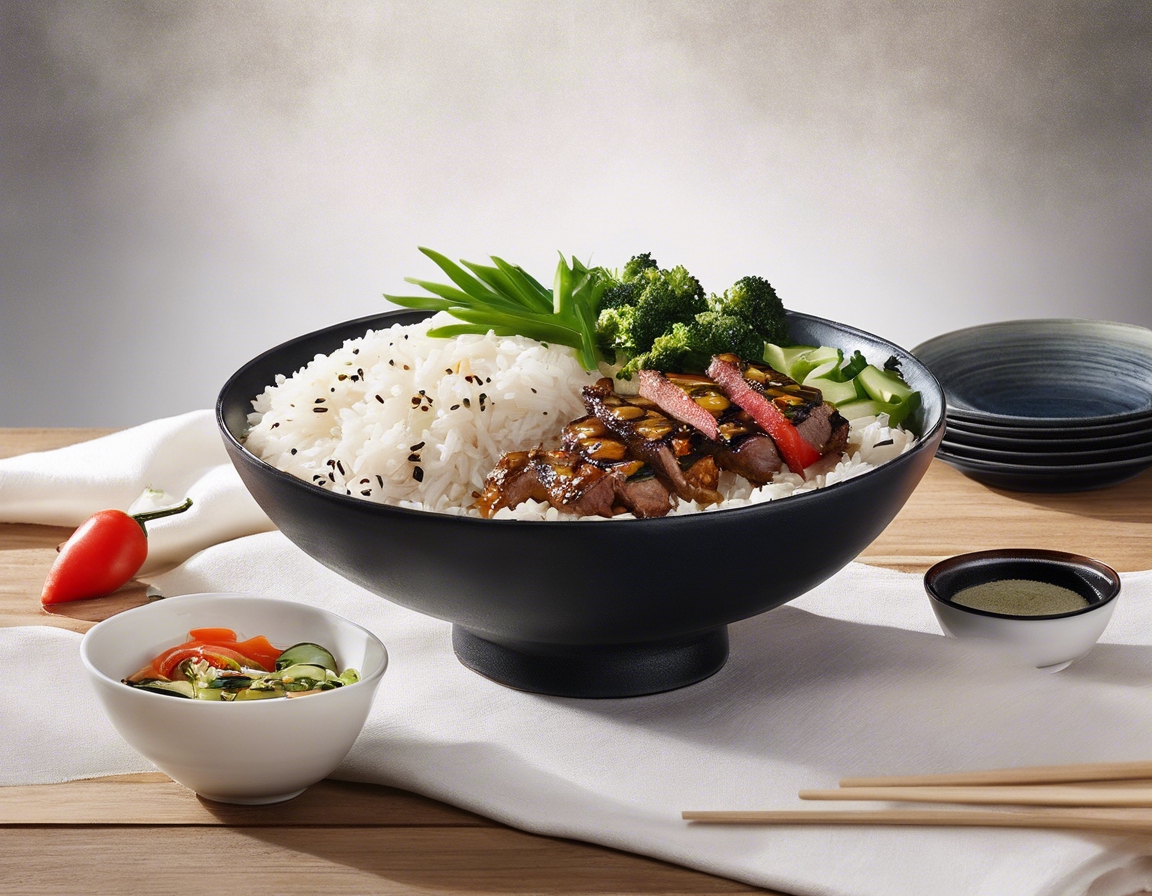Kimchi: a fermented wonder and its health benefits
Kimchi is a traditional Korean side dish made from fermented vegetables, most commonly napa cabbage and Korean radishes, with a variety of seasonings including chili pepper, garlic, ginger, and scallions. Its unique taste, characterized by a tangy, spicy, and slightly sweet flavor, has made it a staple in Korean cuisine and a global culinary phenomenon.
The origins of kimchi can be traced back to ancient Korea, where it began as a way to preserve vegetables for the winter months. Over time, it has evolved into a cultural symbol with hundreds of variations across the Korean peninsula.
While the most well-known version is made with napa cabbage, there are over 200 types of kimchi, made with ingredients ranging from cucumbers to perilla leaves, each with its own distinct flavor and preparation method.
The Fermentation Process
The process of making kimchi starts with salting the vegetables to remove excess water, then mixing them with seasonings, and finally allowing them to ferment at controlled temperatures. This fermentation process is crucial for developing kimchi's signature taste and health benefits.
Fermentation is a metabolic process that converts carbohydrates to alcohol or organic acids using microorganisms—yeasts or bacteria—under anaerobic conditions. In the case of kimchi, lactic acid bacteria play a vital role in the fermentation, contributing to both the flavor and the preservation of the dish.
Health Benefits of Kimchi
Kimchi is packed with essential nutrients, including vitamin A, vitamin C, and B-complex vitamins. It's also a good source of minerals like iron, calcium, and selenium, contributing to overall health and well-being.
The lactic acid bacteria in kimchi are powerful probiotics, which are beneficial for gut health. Regular consumption of kimchi can help balance the gut microbiome, aiding digestion and potentially reducing the risk of certain diseases.
The ingredients in kimchi, particularly the chili peppers and garlic, contain antioxidants that can help reduce oxidative stress in the body, protecting cells from damage and reducing inflammation.
Kimchi has a low calorie count but is high in dietary fiber, which can help in weight management. The capsaicin from the chili peppers is known to boost metabolism, potentially aiding in weight loss efforts.
The combination of nutrients and probiotics in kimchi can strengthen the immune system, helping the body to fight off infections more effectively.
Incorporating Kimchi into Your Diet
Kimchi is versatile and can be enjoyed in many ways, from being served as a side dish to being incorporated into stews, soups, and fried rice. It's an integral part of Korean meals, providing a balance of flavor and nutrition.
As kimchi has gained popularity worldwide, it's being used in a variety of fusion dishes, adding a unique twist to tacos, burgers, and even pizzas.
For those interested in making their own kimchi at home, it's important to use fresh ingredients and to allow sufficient time for fermentation. Experimenting with different seasonings and vegetables can lead to personalized kimchi creations.






Comments (0)